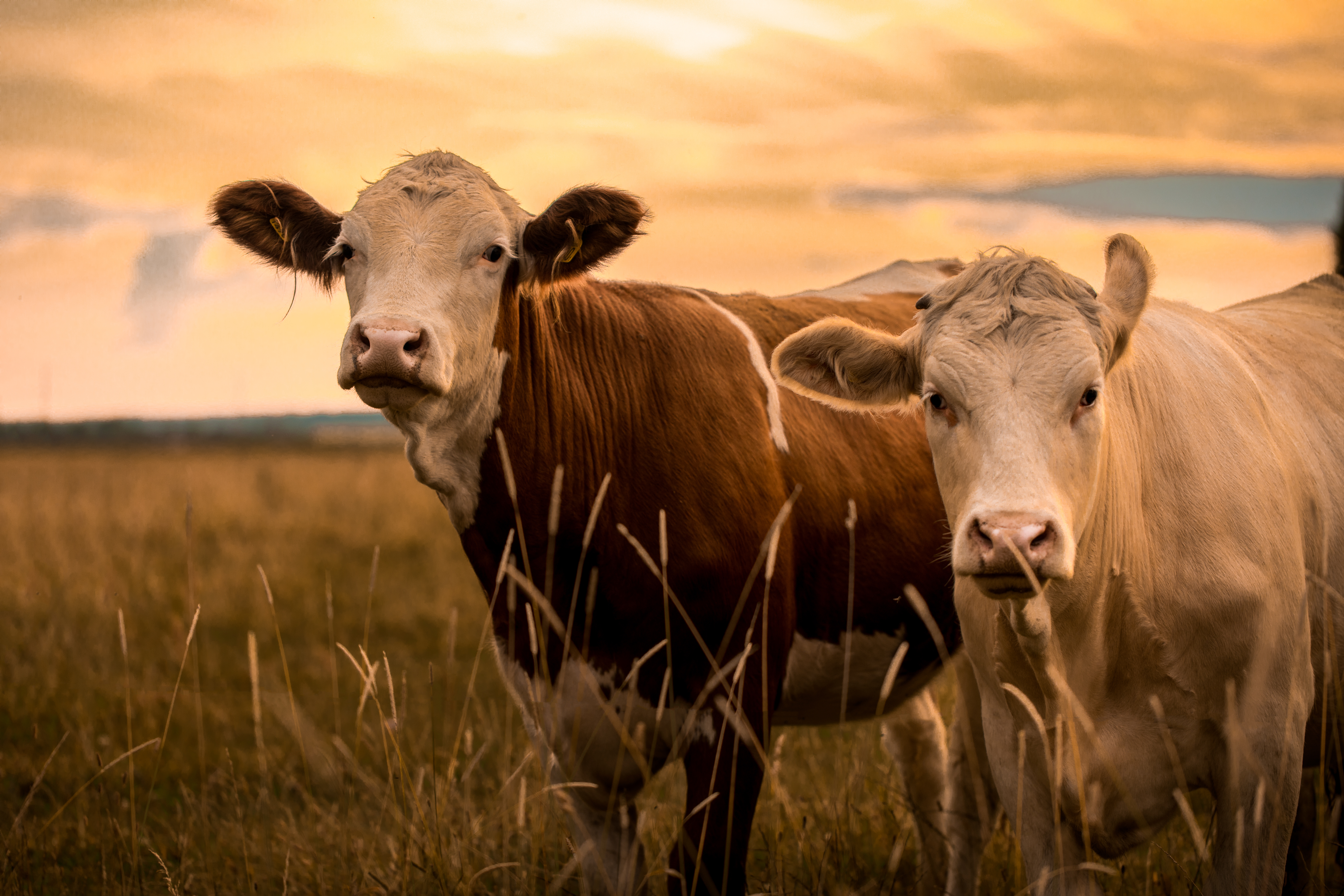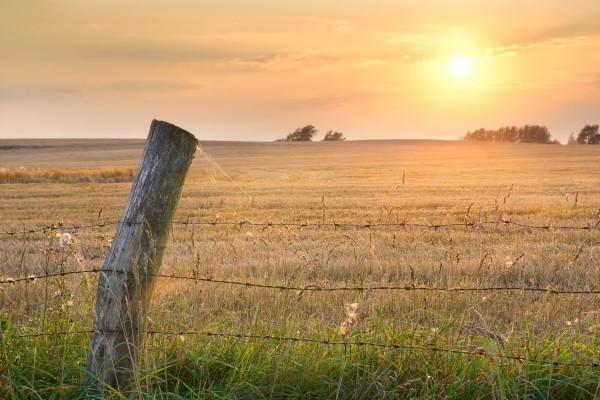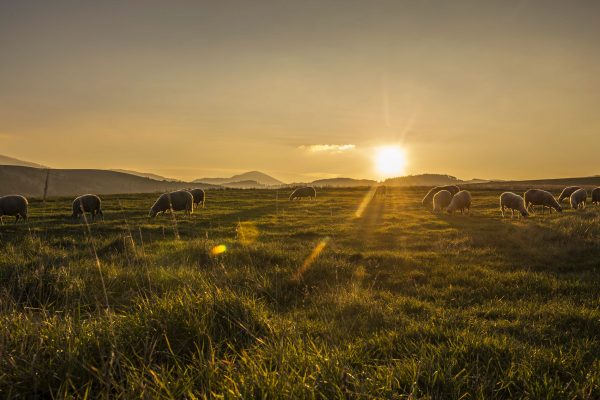Livestock grazing provides a vast series of interconnected benefits, something California rancher Mike Williams believes is what makes the practice so valuable.
“Fire [prevention] is a key component, but there are ecological benefits that go well beyond that,” said Williams.
For example, livestock manure provides an organic fertilizer to rangeland. This delivers nutrients to the soil that increase biodiversity, organic matter, and water-holding capacity. As a result, our climate benefits.
“A lot of people are worried about carbon dioxide in the atmosphere. Grazing provides storage – it stores the carbon in the soil,” Williams explains.
That is because land that is grazed by livestock plays an important role in carbon sequestration, a practice that stores carbon from the atmosphere in soil and plants. But the benefits do not stop here. Livestock play an important role in human food production, converting human-inedible feed into nutritious beef and lamb.
“You can grow food on land that can’t be used for anything else, while at the same time maintaining the open spaces and the aesthetics of the outdoors that can still be enjoyed in viewsheds and recreational activities.”
To learn more about soil health, carbon sequestration, and the value-add of grazing animals to our food system, click here.




